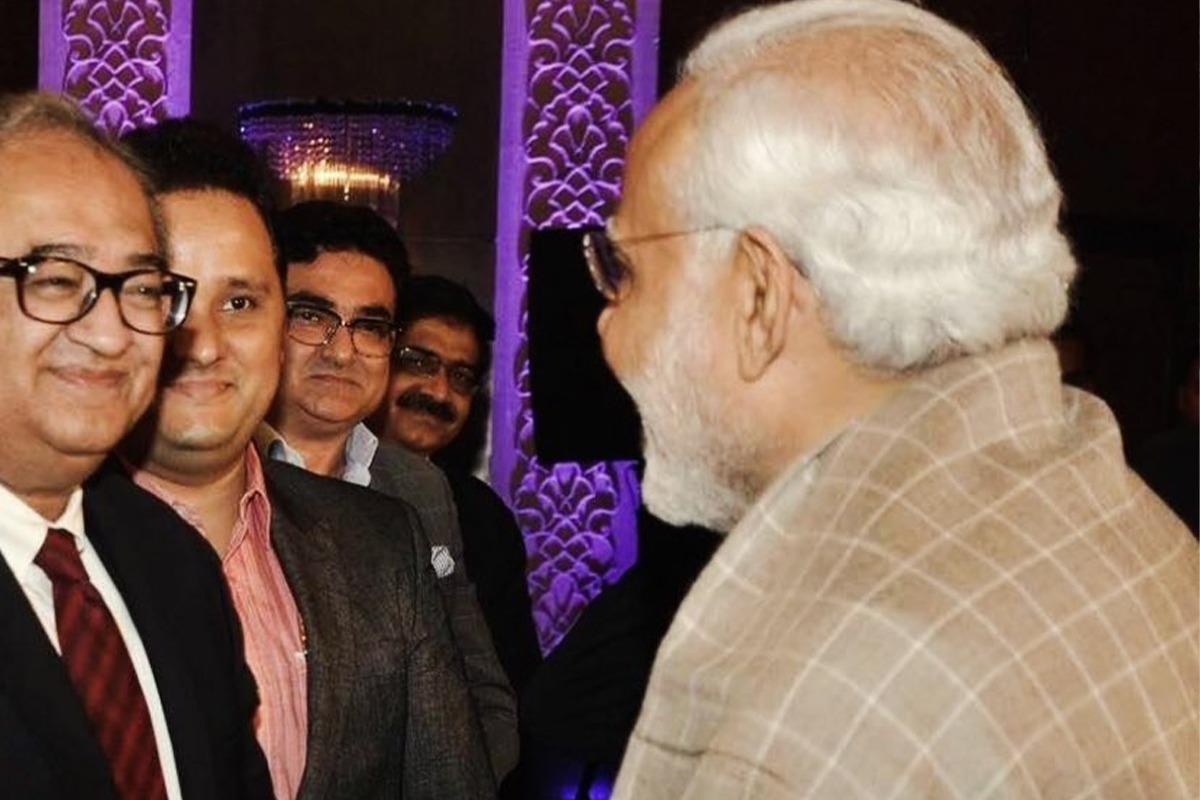Tarek Fatah, the Pakistani Canadian journalist who recently passed away after battling cancer, was a prominent advocate for democracy, freedom, pluralism, and women’s rights. His work focused on promoting moderate Islam and challenging the abuses of Islamism and jihadism. Tarek burst upon the Indian scene in 2013 when he elaborated his stance against Islamism, his activism, and his book, “Chasing the Mirage: The Tragic Illusion of the Islamic State,” in an interview with Aarti Tikoo for The Times of India.
In the interview, Tarek was stating the obvious facts and truths, but it was unique coming from a Pakistani settled in Canada who called himself an Indian to the core. He spoke about how India was unique among Muslim-majority countries, in that it has a large Muslim population that can assert its influence without fear of persecution, unlike in Pakistan or Saudi Arabia. He believed that India’s secular and democratic traditions have allowed for greater religious freedom and tolerance than in many other Muslim-majority countries.
In the interview, Tarek Fatah argued that Islamism and jihadism were the biggest threats facing the Muslim world today. He believed that they had led to the suppression of moderate and progressive voices within Islam, which I could attest to, being my life’s work – The Unheard Muslims within Islam. It wasn’t surprising to see him advocating for a reformation of Islam that emphasizes individual rights, gender equality, and the separation of religion and state. But in the Indian context, reform still brings nightmares of Salafism/Wahhabism – a return to the pure form of Islam that the Taliban and ISIS interpret – a literal translation of texts to apply barbaric stone age laws.
Fatah believed that the West could and should play a positive role in supporting reform efforts in the Muslim world by promoting democratic values, human rights, and economic development and by engaging with moderate and progressive Muslims. This was at a time when regressive Left-Liberals in Western academia and media were allying with Islamist advocacy groups and promoting the hijab, niqab, and the burqa as tools of empowering Muslim women, in their “woke” understanding of the same.
His 2008 book, “Chasing the Mirage: The Tragic Illusion of the Islamic State,” examines the history, politics, and ideology of the Islamic State and the broader Muslim world. Tarek argued that the idea of an Islamic State was a myth and that the concept of an Islamic State is a flawed and unrealistic vision that is not supported by the historical record or Islamic theology. He contended that Islam has been shaped by political and cultural factors and that there is a wide diversity of interpretations and practices within the Muslim world. Tarek advocated for a reform of Islam that emphasized individual rights, freedom of conscience, and the separation of religion and state. In his book, he also highlighted the challenges facing Muslim societies, including poverty, corruption, authoritarianism, and religious extremism. He argued that these issues needed to be addressed through democratic and secular reforms.
Fatah’s contributions to the promotion of moderate Islam and the fight against extremism and terrorism are his biggest legacy. Although he was controversial, often criticizing Islamic fundamentalism and challenging the political correctness of liberal elites, Fatah’s legacy will be remembered for his unwavering commitment to the principles of individual liberty, gender equality, and pluralism, and his ability to inspire others to speak truth to power. People like me, who had to overcome their fear and doubts and step up and stick their neck out, will continue to be inspired by his example. Fatah’s passing represents a loss for all those who believe in the power of ideas to change the world, and his example will continue to inspire future generations of human rights activists and defenders of freedom.
For those of us fighting for reform in Islam and holding the line against Islamism (radical, political Islam), the Islamic State is not a new phenomenon. Its roots can be traced back to the early days of Islam when the concept of the “ummah” (the Muslim community) was first introduced. The Islamic State’s goal is not just to establish a caliphate but to impose its ideology on the entire world. Its ultimate objective is to create a global Islamic state where Sharia law is the only law, an ideology based on a strict interpretation of Islam that rejects modernity, democracy, and human rights. Its followers believe that the only legitimate form of government is one based on Islamic law. The armed wings of the Islamic State are not just terrorist organizations, but its civil society comprises overground workers, activists, advocates, legal representatives, agenda-driven journalists, and fact-checkers engaged in disinformation. It is a state with a sophisticated bureaucracy, military, and economy. It has its currency, tax system, and social services.
The Islamic State is a threat not only to the West but also to Muslims around the world. Its ideology is responsible for the spread of radicalization and extremism in Muslim communities. The Indic and Western response to the Islamic State has been inadequate. Military action alone is not enough to defeat the group. The root causes of radicalization must be addressed through education, economic development, and social integration both in the subcontinent with its internal insurgencies and in the West, where Muslims have immigrated and built ghettos and no-go areas. It is the responsibility of conscientious Muslims to counter the Islamic State’s ideology. Progressive Muslims must challenge Islamists’ interpretation of Islam and promote a more moderate and inclusive version of the religion – which is what Tarek’s whole life was all about.









